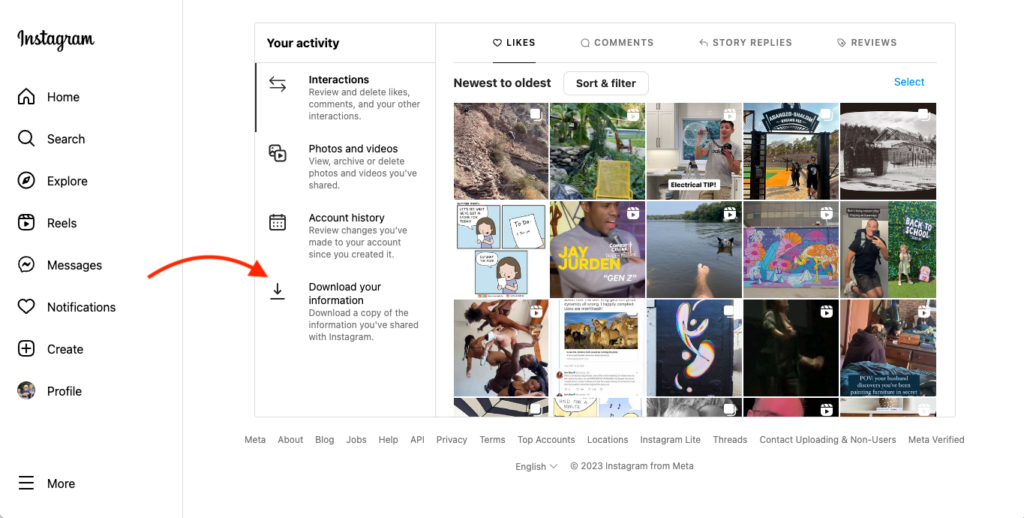Now Reading: Why Online Apologies Don’t Mean Anything
-
01
Why Online Apologies Don’t Mean Anything
Why Online Apologies Don’t Mean Anything

In the digital age, apologies have moved from face-to-face conversations to social media posts and comment sections. In Tier 2 cities across India, many people have noticed that online apologies often lack sincerity and fail to rebuild trust. The convenience of posting a public statement can make it feel like an obligation rather than a genuine expression of remorse.
One reason is performative behavior. Public apologies are often crafted for visibility, likes, or reputation management rather than heartfelt regret. The focus shifts from taking responsibility to controlling perception.
Another factor is lack of accountability. Unlike personal interactions, online apologies rarely involve direct dialogue or the opportunity to repair harm. The person apologizing may avoid confronting the impact of their actions, reducing the emotional weight of the apology.
Social media amplification can also distort intent. Apologies may be scrutinized, criticized, or even mocked, which encourages vague or generic statements instead of honest communication. In smaller cities, where communities are closely connected, this can make online apologies seem even less meaningful.
Ultimately, true reconciliation requires sincerity, accountability, and effort, which cannot be fully captured in a public post or comment. Offline conversations, actions, and consistent behavior remain the most effective ways to demonstrate genuine remorse and rebuild trust.

























